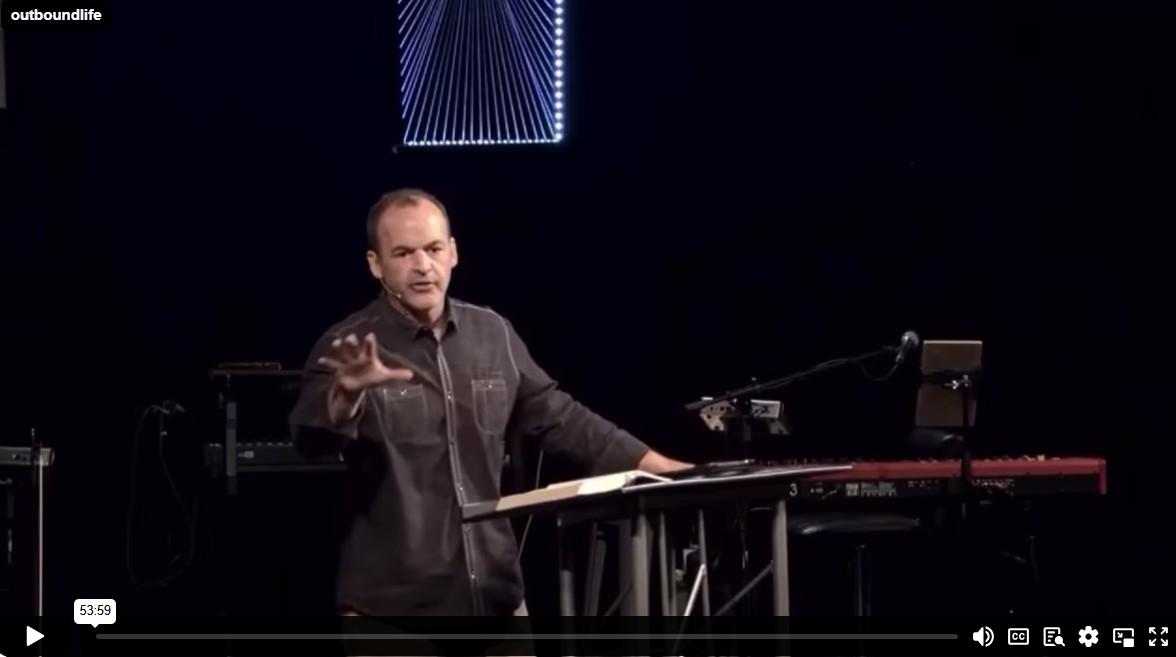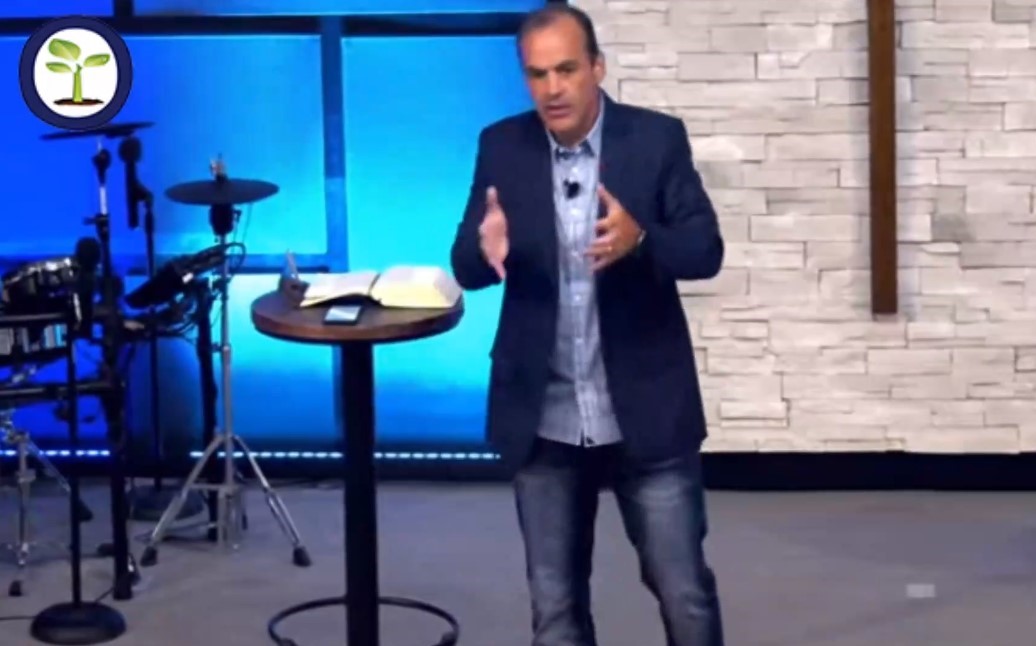In these unprecedented times, we are faced with a myriad of decisions and challenges that can seem overwhelming. However, as the wise words of Gandalf from Lord of the Rings remind us, “All we have to decide is what to do with the time that is given us.” This sentiment is echoed in the timeless story of Esther, which offers valuable insights on how to navigate uncertain circumstances.
Embracing Opportunities in the Midst of Challenges
The importance of shifting our perspective when faced with new and unfamiliar situations is critical. Drawing from a business professor’s lesson on SWOT (Strengths, Weaknesses, Opportunities, Threats) analysis, what may initially appear as a threat can often be reframed as an opportunity.
This mindset shift is crucial, as it allows us to approach challenges with a more constructive and proactive attitude, rather than being paralyzed by fear or anxiety.
Considering the Bigger Picture
It is important when making decision to consider the broader implications of our decisions, rather than focusing solely on our own immediate concerns. We can draw from the story of Esther how the various characters, each with their own unique roles and responsibilities, had to work together to bring about deliverance.
“If I make my stand right now, what affect now and in the future does it have on other people? Sometimes we have to step back and look at a bigger, broader scale of what’s actually going on and how the world’s being affected.”
This big picture perspective encourages us to think beyond our individual circumstances and consider how our actions may impact the larger community or even the world around us. It is is important to note that it is not to say that impact does not necessarily mean they will be happy with the decision.
Balancing Conviction and Wisdom
In the story of Esther, we can see the balancing act of our convictions with wisdom and discernment. We see this in the decision of Mordecai and his refusal to bow to Haman he understood the broader context and implications of his actions. It’s a delicate balance of courage and wisdom.
“Mordecai wasn’t thinking about himself. He was thinking about something bigger. And now a law was being put into place that violated a greater law and he would not bow to the political pressure of the time.”
We are in a time that we need to embrace the unique challenges and opportunities presented by the current global situation. Drawing parallels to the experiences of the characters in the Book of Esther. Just as the Jewish people were faced with a decree that threatened their very existence, we too are navigating uncharted waters.
However, we can be encouraged in this unique opportunity to be a “lighthouse” for those around us, providing stability and hope in the midst of the storm.
“What If Christians became lighthouses in the midst of all the turmoil? Remember, the lighthouse is placed and fixed, unmovable by the elements. When the storm crashes and everything is in chaos, the lighthouse remains fixed and its light is on. Those that are like ships being tossed around by the storm will be able to gain some perspective because of your light.”
By maintaining our faith, wisdom, and courage in serving others, we can be a beacon of hope and stability in these uncertain times.
Conclusion
The lessons from the Book of Esther and the insights shared offer a powerful framework for navigating the challenges we face today. By embracing a mindset of seeing opportunities in the midst of threats, considering the broader implications of our decisions, and balancing conviction with wisdom, we can become a stable point of navigation to others in these uncertain times.



